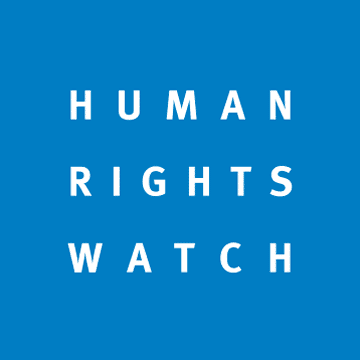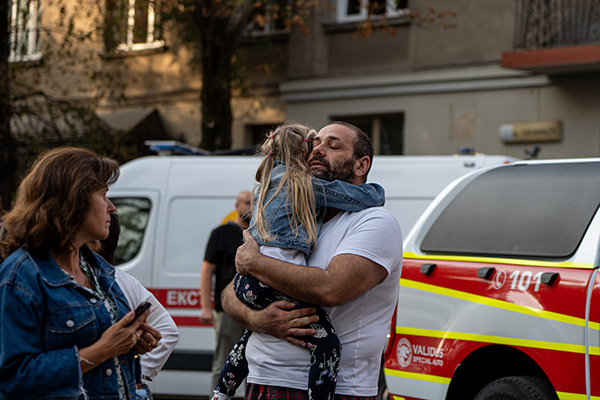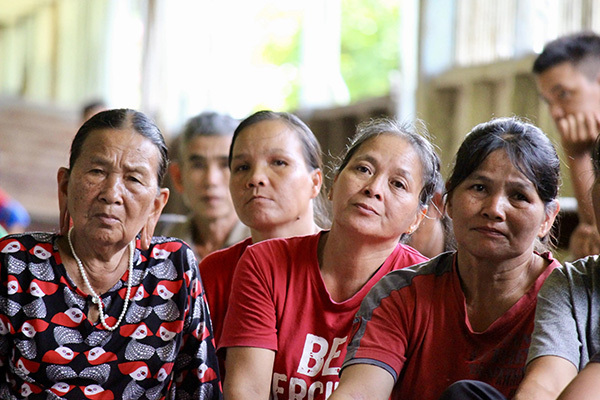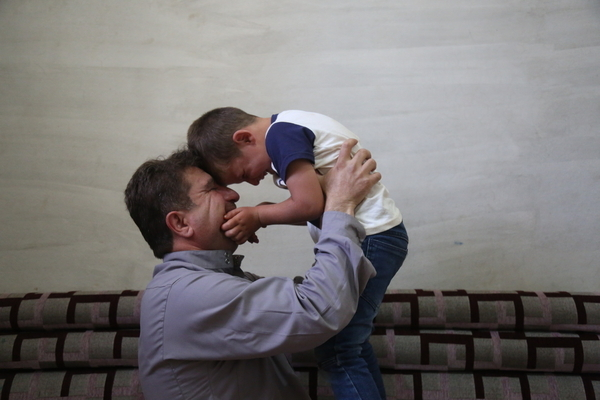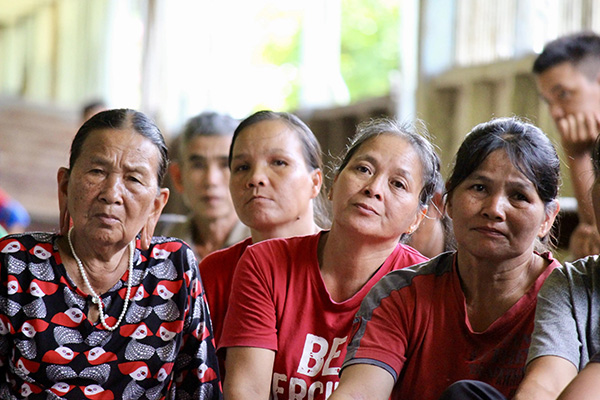Human Rights Watch
Thematic Focus Areas
Social Justice
Defend the rights of people worldwide. We scrupulously investigate abuses, expose the facts widely, and pressure those with power to respect rights and secure justice.
Give Global Blog
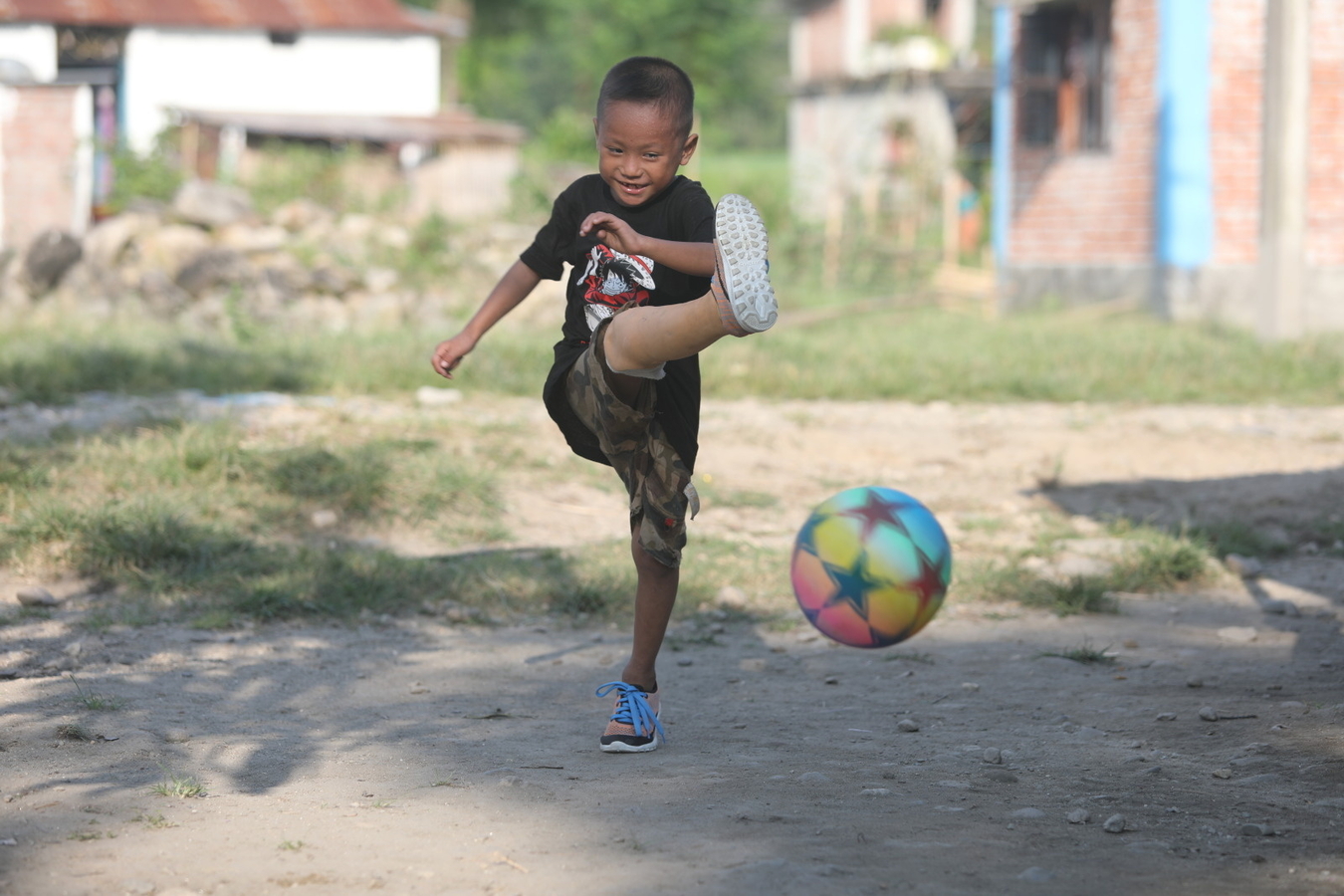
Around the world, millions of people face injustice, discrimination, and exploitation daily. Yet, in the face of these challenges, organizations are rising to meet the call for equality and dignity. This spotlight celebrates the extraordinary efforts of four organizations that embody the fight for social justice, freedom, and human rights: International Justice Mission (IJM), Human Rights Watch, Humanity & Inclusion, and Refugees International. From rescuing families from modern-day slavery to ensuring equity for people with disabilities, defending free speech to advocating for displaced populations, these organizations are creating ripples of hope and systemic change. Through their work, the vulnerable find...
Charity Videos
Charity Impact
Some of Malaysia’s most precious rainforests and the Indigenous communities who live there will now be protected. We partnered with Indigenous leaders and environmentalists in the state of Sarawak, home to 25 Indigenous peoples and most of Malaysia’s remaining rainforests, to document how laws and policies enable the takeover of Indigenous land by private companies, leaving communities displaced and destitute. We met with Malaysian officials, and we impressed our findings on European Union authorities, urging them to use their leverage. On February 20, Sarawak announced the state will no longer issue provisional leases for oil palm plantations, specifically with the aim “to mitigate deforestation” and citing “international scrutiny, especially from the European Union.” These “provisional leases” have been one of the most harmful weapons the Sarawak government has yielded against Indigenous peoples, as they do not require the state to survey the land before leasing it and can last up to 60 years. Our researchers met repeatedly...

